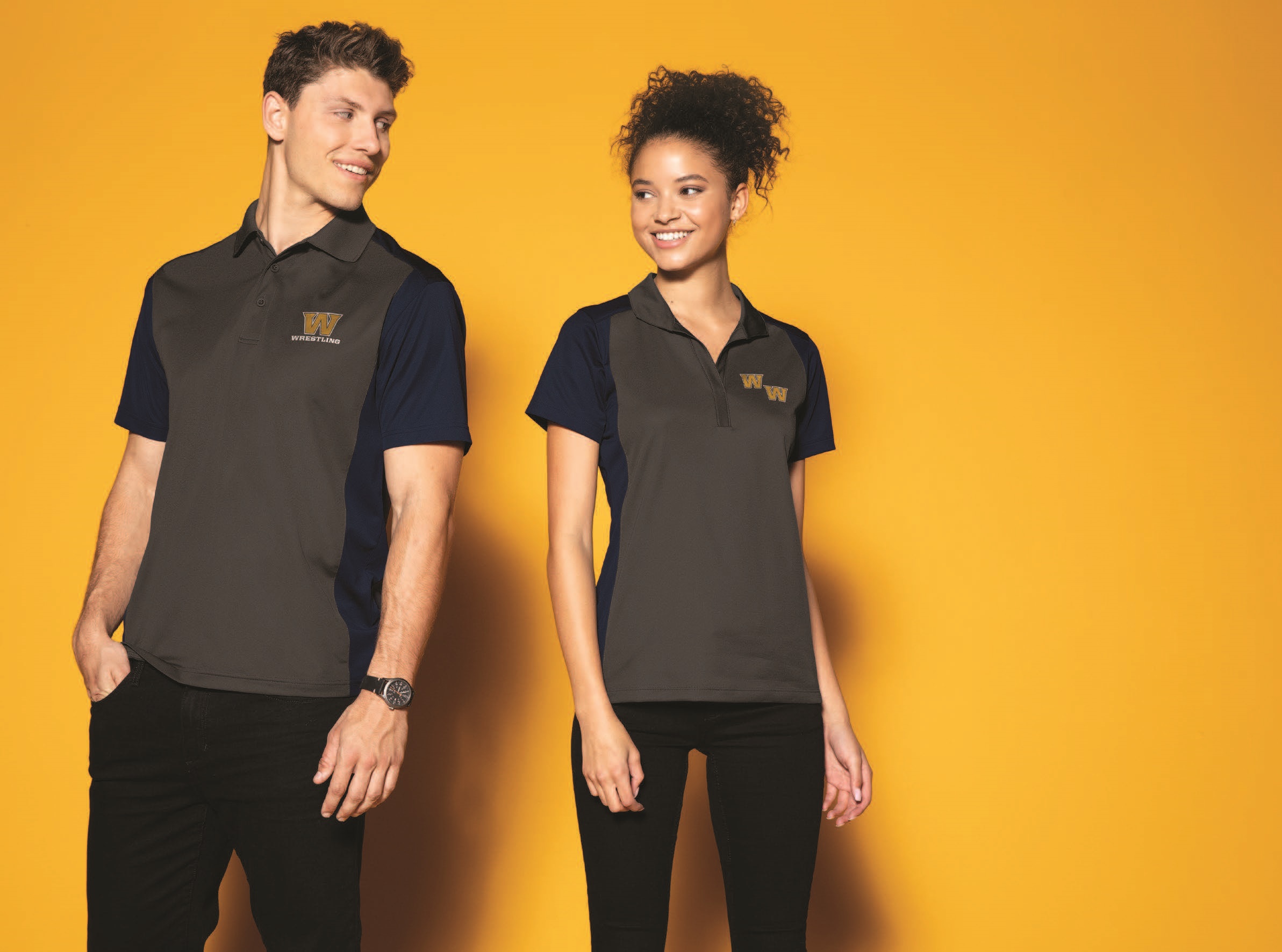
Here’s a riddle for you: What do you get when you remove the concert from a concert tee?
Nothing more than a meaningless T-shirt.
If that’s what you want from your apparel, you’re in luck. As we reported two weeks ago, Justin Bieber released “The Purpose Tour XO Barneys New York – The Wardrobe Collection,” a collection of outrageously overpriced merchandise inspired by his Purpose Tour and exclusively available at Barneys (as opposed to, you know, the merch table).
Can’t afford that collection’s price tags but still want to wear a shirt that you have no personal attachment with? You’re still in luck. On Aug. 5, Urban Outfitters will start selling five pieces—a hoodie, two T-shirts, a hat and a jacket—that are basically the same tour-branded items you’ll find at Barneys but more affordable (with prices ranging from $35 to $99).
But don’t believe the hype. And, I’m begging you, don’t follow in Bieber’s merchandising footsteps.
People use apparel as a means of self-expression. We wear things that make us comfortable, that represent who we are, that we feel some sort of attachment to.
Trying to force false connections upon end-users, like Bieber is doing, does nothing but weaken your brand.
Think about it: Who is going to buy these shirts? (I really, truly don’t know.)
We buy actual concert merchandise to remember the night. We want to show that we went to the tour of an artist that we love. We want to relive the set every time we see/wear the merchandise. It’s different than buying a shirt that simply promotes the artist. Concert merchandise relies on the experience, too.
People who wanted a shirt from the Purpose Tour bought their shirts—wait for it—at the Purpose Tour. (And, sure, maybe a fan couldn’t make it, so a friend who did go to the show brought the person back a T-shirt, but that’s a personal connection, too.)
So, why would you bother selling a shirt that promotes a tour anywhere but on that tour? You wouldn’t—you shouldn’t.
Make sure that your promotions establish organic connections and memories with your end-users. The stronger the connection, the more likely they are to repeatedly wear your apparel and, consequently, represent your brand. A forced and fabricated connection will do the opposite.
You want end-users who believe in your brand, right? Then give them something they can relate to, something they can be passionate about, something they can find meaning in.



